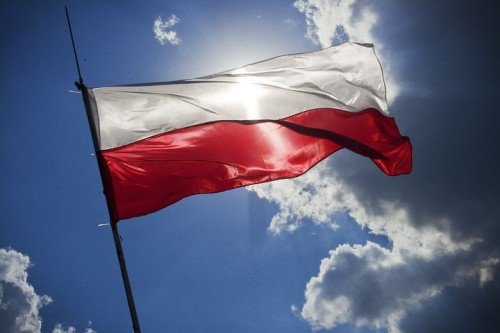
Poland has been facing a number of political problems in recent years, many of which stem from the country's polarizing government and its ongoing conflicts with the European Union.
One major problem is the erosion of democratic institutions in Poland. The ruling party, Law and Justice (PiS), has been accused of undermining the independence of the judiciary, limiting freedom of the press, and curtailing the rights of minorities. In 2017, the EU launched an unprecedented Article 7 procedure against Poland, citing concerns about the rule of law and democracy in the country.
Another issue is the rise of nationalism and anti-immigrant sentiment in Poland. The PiS government has taken a hardline stance on immigration, refusing to accept refugees under the EU's resettlement program and promoting anti-immigrant rhetoric. This has led to a growing sense of xenophobia and racism in the country, with reports of hate crimes against minorities on the rise.
In addition to these political problems, Poland is also facing economic challenges. The country has been experiencing slow growth and high unemployment, and many Poles are struggling to make ends meet. The PiS government has implemented a number of controversial economic policies, including increasing social spending and raising the minimum wage, but these measures have not had the desired effect of boosting the economy.
Another problem is the PiS government's relationship with the EU. Poland has been at odds with the EU on a number of issues, including the rule of law, human rights, and the refugee crisis. The EU has criticized Poland for its democratic backsliding and for not accepting refugees, and has even threatened to impose sanctions on the country. This has led to a growing sense of tension between Poland and the EU, and has raised concerns about the future of the European project.
In conclusion, Poland is facing a number of political problems that stem from the country's polarizing government and its ongoing conflicts with the EU. These problems include the erosion of democratic institutions, the rise of nationalism and anti-immigrant sentiment, economic challenges and the tense relationship with the EU. It is important for all parties to work together and find common ground, to address these issues and ensure a stable and prosperous future for Poland.








